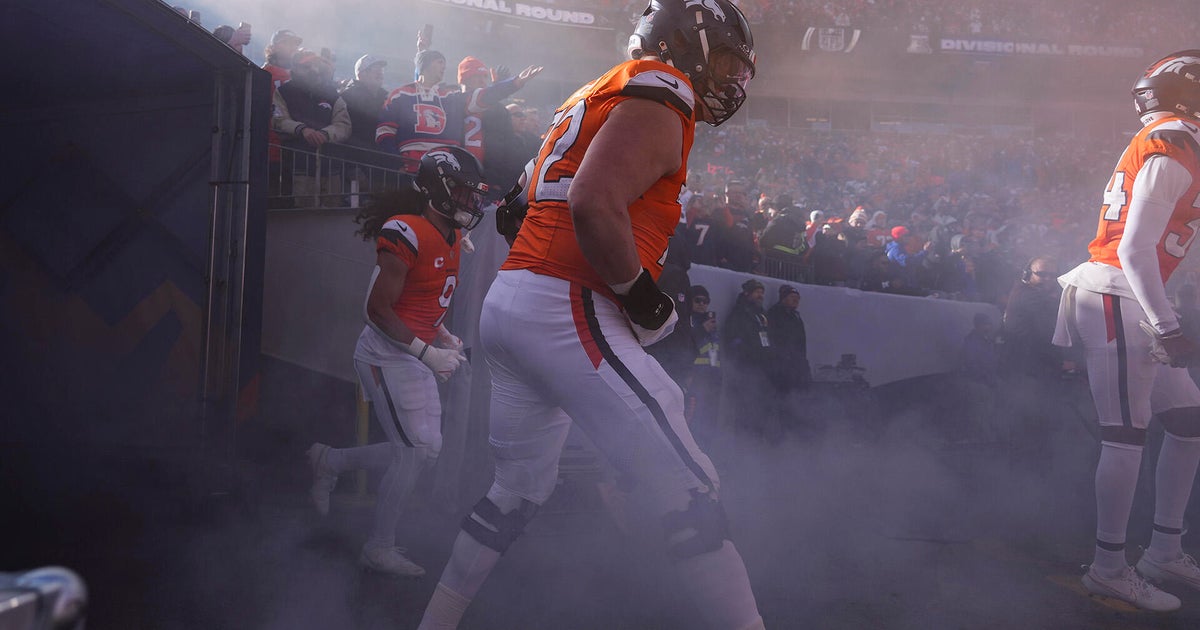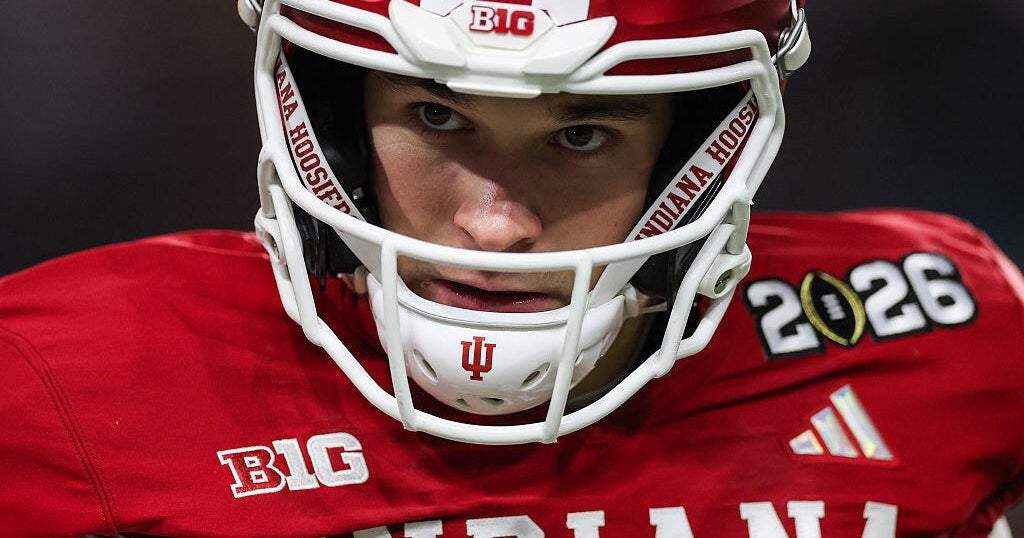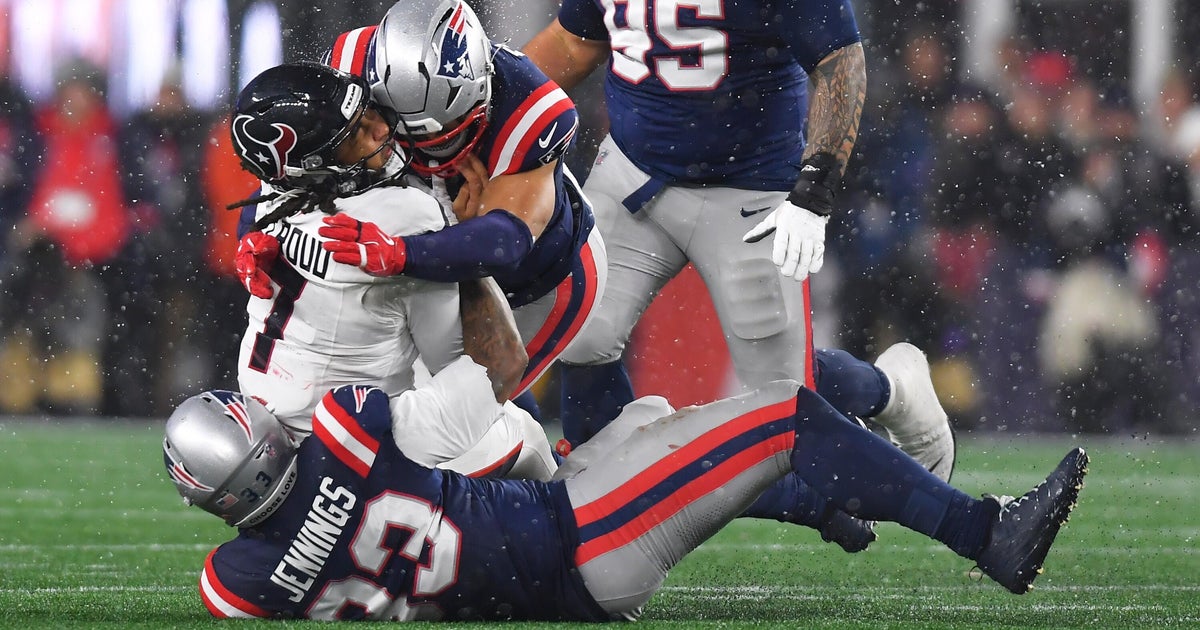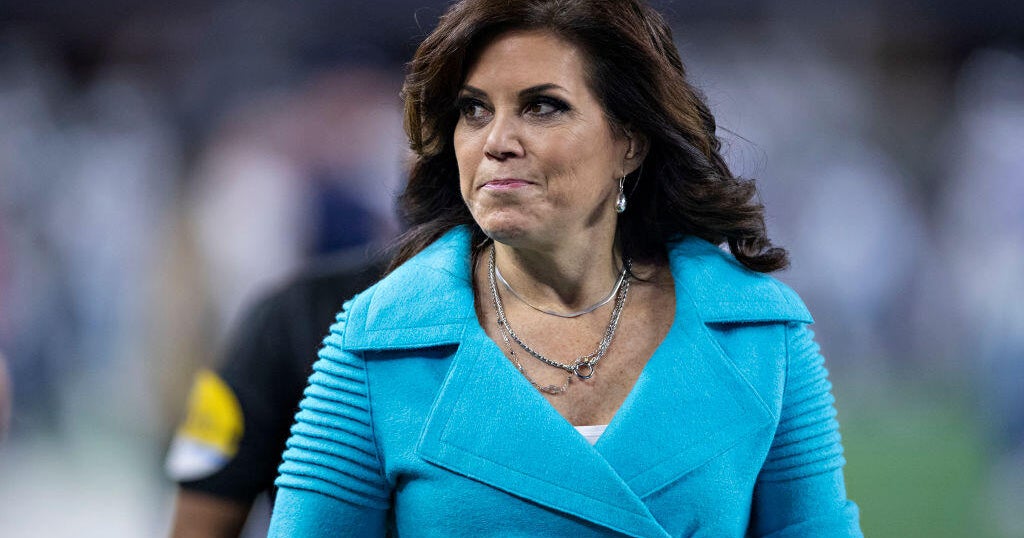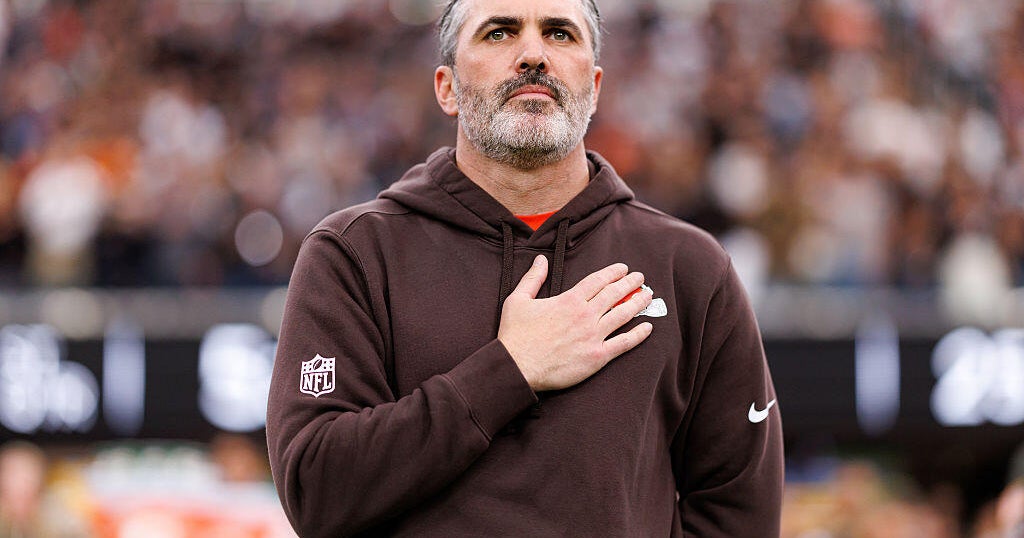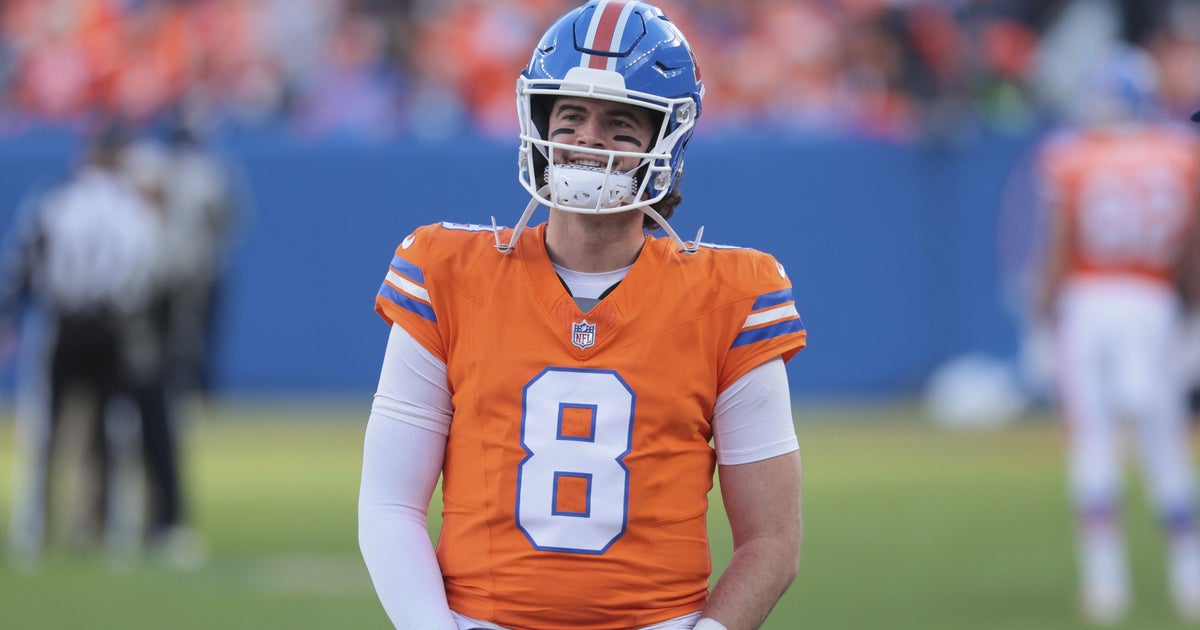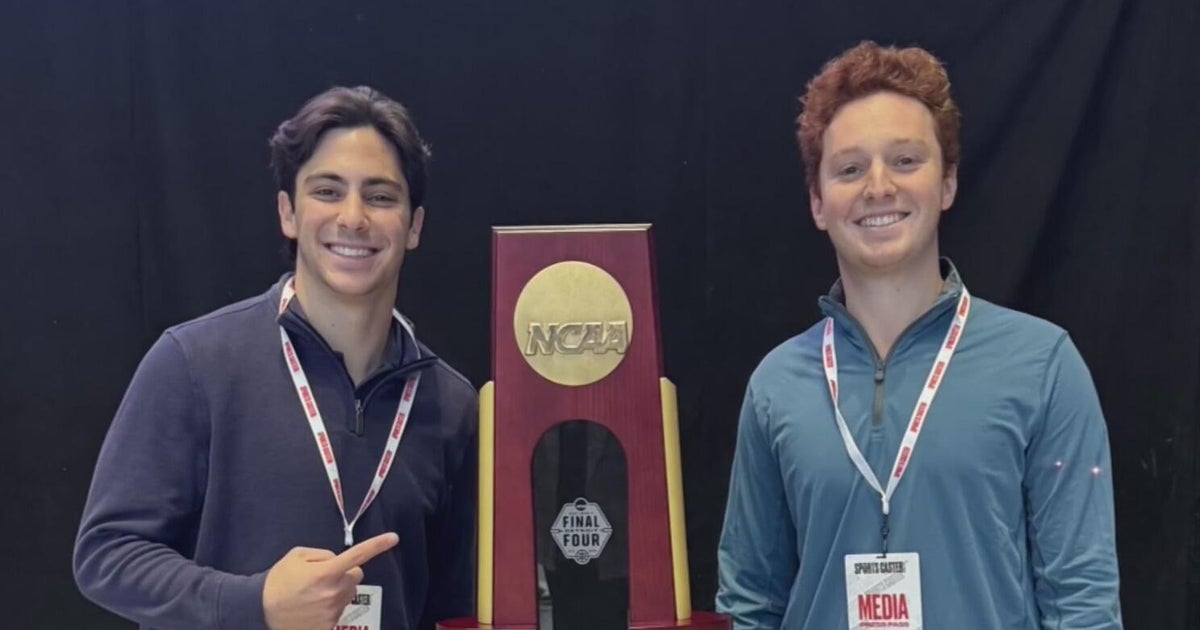Tom Brady speaks some painful truths about the state of NFL football
BOSTON -- When news first broke that Tom Brady was going to be paid ungodly sums of money to be an analyst for FOX, a lot of people who have seen and heard Brady be as vanilla and robotic as possible for 20 years assumed it might be a bit of a trainwreck waiting to happen.
Some new honest commentary from Brady might be changing some minds, though.
Appearing as a guest on The Stephen A. Smith Show, the 46-year-old used his perspective in retirement to speak about what he perceives as major issues plaguing the NFL right now.
"I think there's a lot of mediocrity in today's NFL," Brady said. "I don't see the excellence that I saw in the past."
Brady wasn't just riffing on the good old days. He had some real reasons.
"I think the coaching isn't as good as it was. I don't think the development of young players is as good as it was," Brady said, warming up to his larger point. "The rules have allowed a lot of bad habits to get into the actual performance of the game. So I just think the product, in my opinion, is less than what it's been."
As he's stated on his podcast before, he believes it's become a bit easier to play offense in the current-day NFL, which doesn't always help players become better.
"I look at a lot of players like Ray Lewis and Rodney Harrison and Ronnie Lott and guys that impacted the game in a certain way, and every hit they would've made would have been a penalty [now]," Brady said. "You hear coaches complaining about their own player being tackled and not necessarily, why don't they talk to their player about how to protect himself? We used to work on the fundamentals of those things all the time. Now they're trying to be regulated all the time. Offensive players need to protect themselves. It's not up to the defensive player to protect the offensive player. The defensive player needs to protect himself. I didn't throw the ball to certain areas because I was afraid players were going to get knocked out. That's the reality. I didn't throw it to the middle when I played Ray Lewis, because he'd knock [the receiver] out of the game, and I couldn't afford to lose a good player."
Of course, with the rules being changed over the years to protect players -- notably, the protection of quarterbacks and defenseless receivers -- it's undeniably become more difficult to be a defensive player in the NFL. A bone-jarring hit can still be made, but rare is the heavy hit that doesn't draw a penalty.
That is, understandably, a better policy for the long-term health of players. But as Brady noted, it hasn't led to a better product on the field.
Elsewhere in the interview, Brady lamented how large social media followings for young athletes can get in the way of them achieving success.
"When we were young, for me to get on the cover of Sports Illustrated like my idol Michael Jordan was a big deal. So man, I had to do a lot of good things over the course of an NFL season to get recognition to be on the cover of a Sports Illustrated. That was unbelievable! I mean, I thought, 'Holy s---!' That was unbelievable for me, and I was in my seventh year," Brady said. "Now people have -- these young athletes have -- hundreds of thousands, sometimes over a million-plus people following them on their social accounts, and they think that there's something sustainable about that, because you have people paying attention to you. But we used to be paid attention for excellence, not for making ourselves to get some moment that people can see us being like a jackass. OK we're gonna pay attention to that because he jumped off a balcony into a pool. Like OK, yeah, that may get a lot of clicks, but in the end, there's nothing sustainable about your excellence in that."
An impassioned Brady deemed that social media attention as instant gratification.
"People think that because people are paying attention or they're liking something, that actually means something. And I think if you want to build something great, that's over a long period of time. You better do it and do the right things. You better be up early and staying late. You better care about your teammates. You better care about your organization, your coaches. You better communicate properly, you better figure out how to relate to your teammates, you better have a work ethic, you better practice the right things and work hard at your recovery and be focused during the season on what your job is."
He added: "Your social media account isn't gonna determine how long your career is."
Brady also was asked about how players and coaches may perceive him as "the bad guy" when he's working in the media. Brady's response was simply his mission statement for his next job, and it sounded like a pitch to become the next commissioner of the NFL.
"I'm gonna do the best I can do. I don't have any agenda other than to hopefully uplift the sport in a positive way," Brady said. "I mean, I want to see players play at their best. And if I can ever help those players play a little bit better, that's what I want to do. I want to see the game grow. I'd love to see the product get better. I'd love to see more accountability on both sides of the ball. I'd love to see the referees do a better job, the organizations support their players in better ways. All of it is about, how do we take this amazing entity that we have in sports that brings our communities together and allow it to shine on a big stage?"
Roger Goodell just signed a new contract extension that will keep him running the league through March of 2027. Perhaps Brady will be in a position to succeed the man who made his life a living hell for a couple of years in the mid-2010s.
For now, though, Brady -- once thought to be unwilling to offer any opinion on any matter for fear of rocking any boats -- seems willing and eager to let his thoughts be known on the state of the game he loves.
